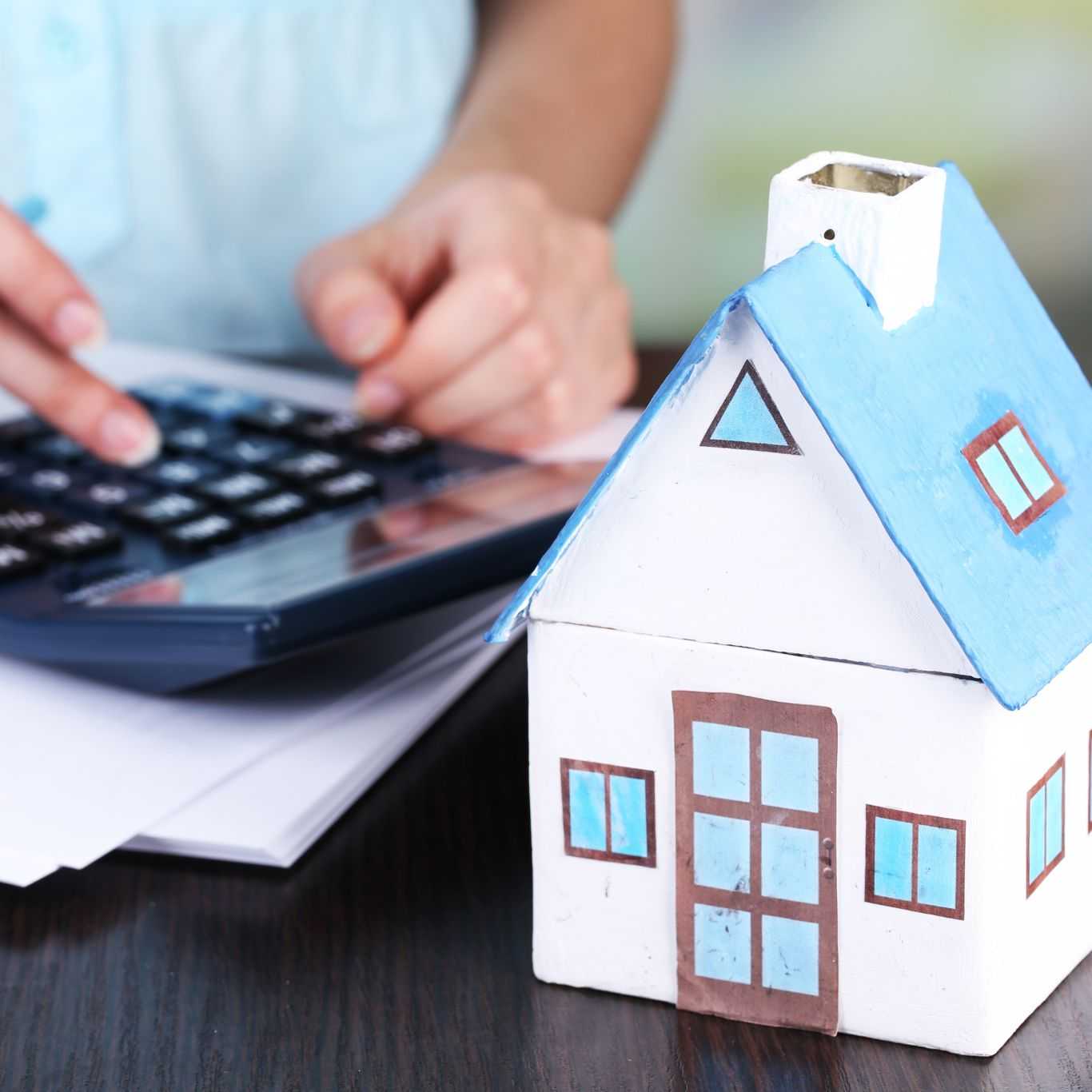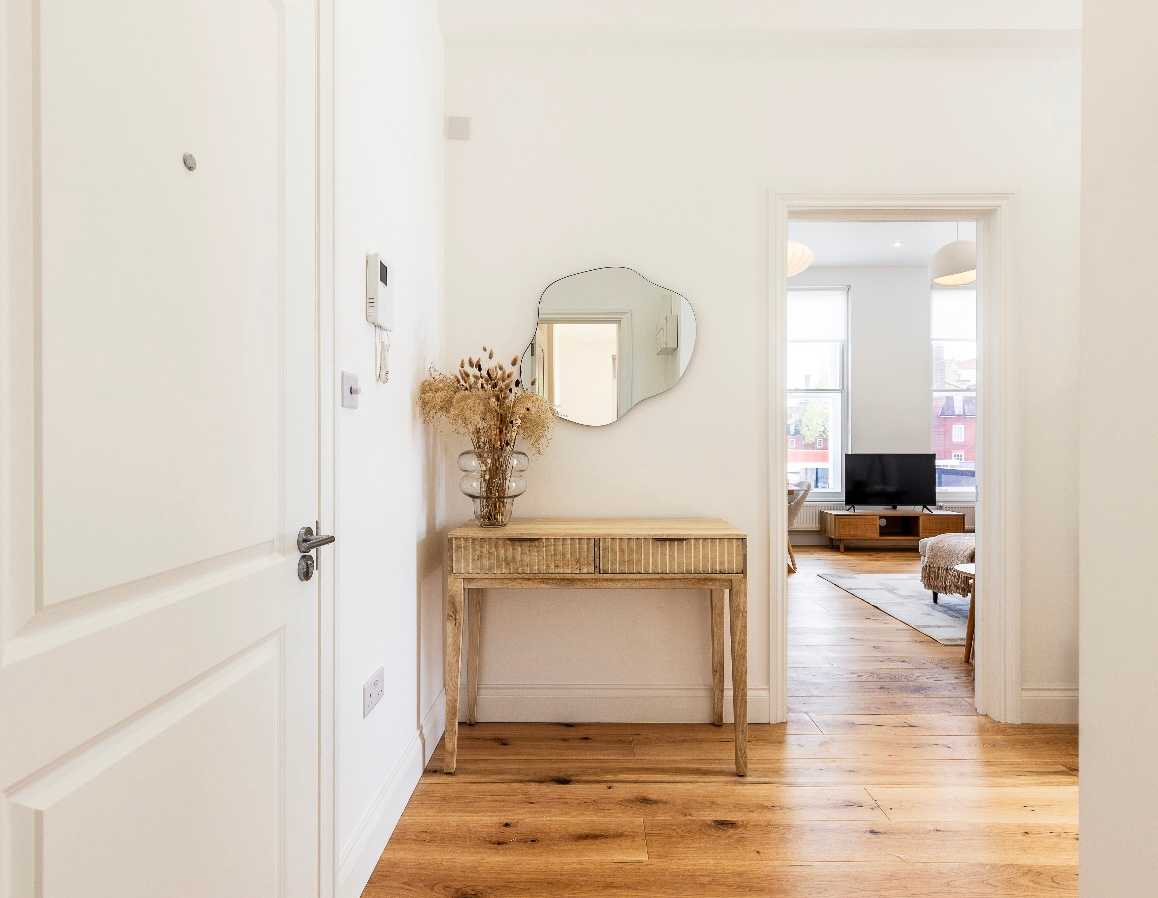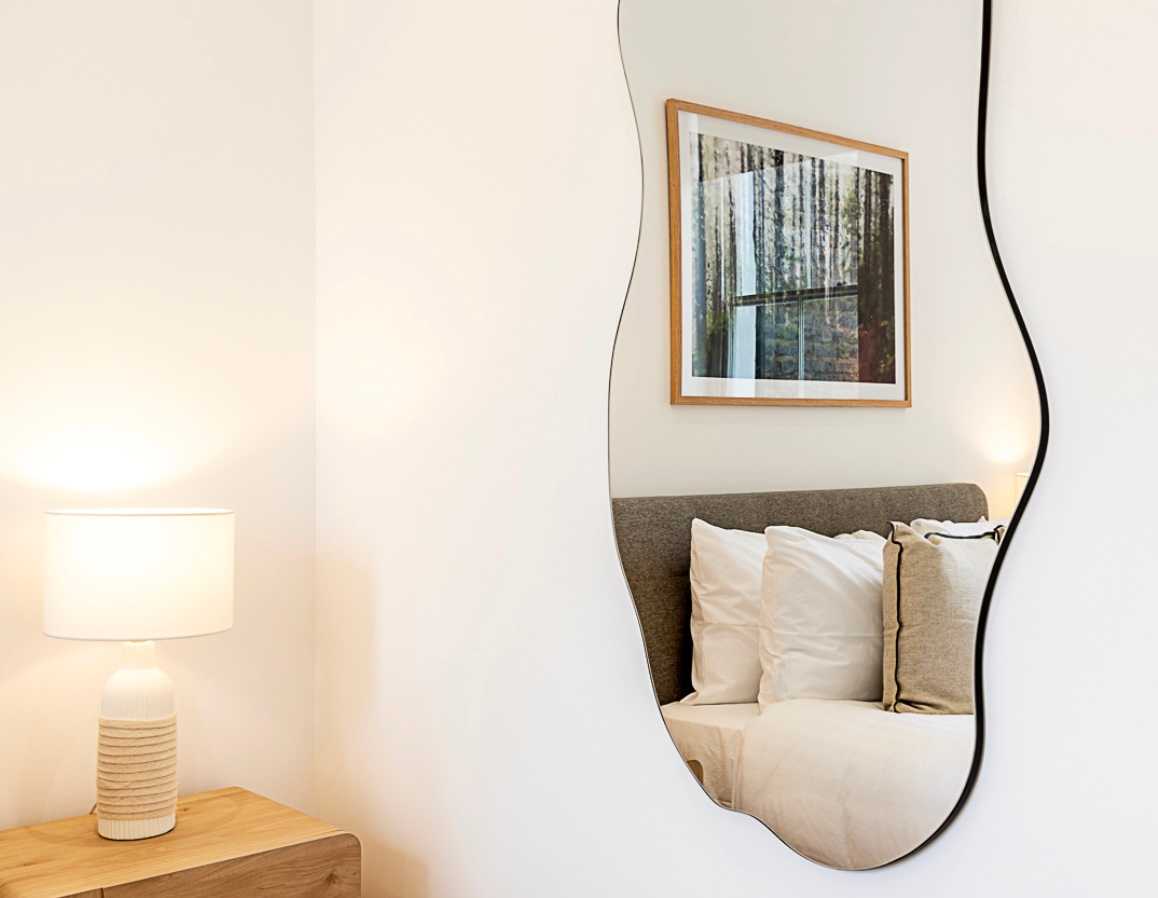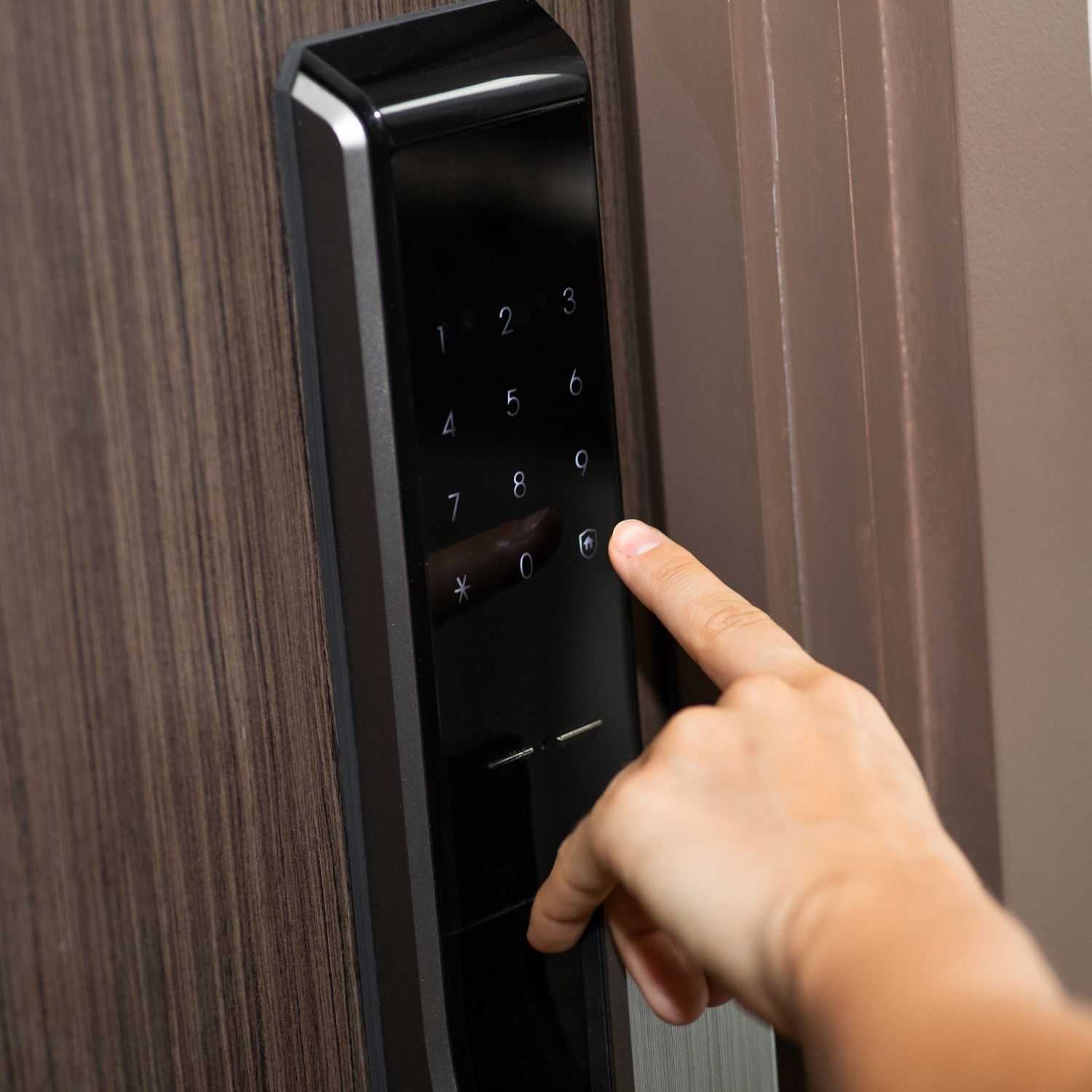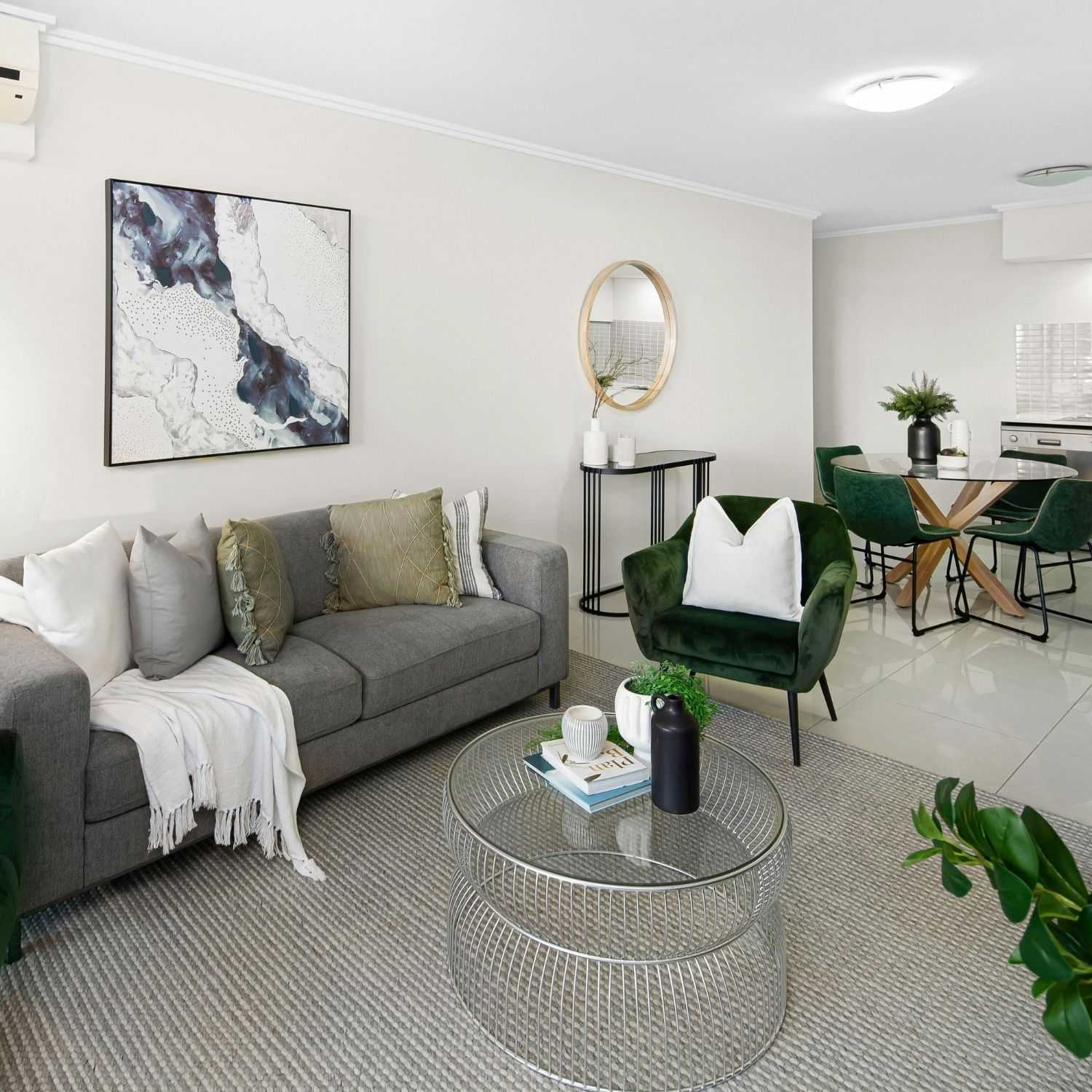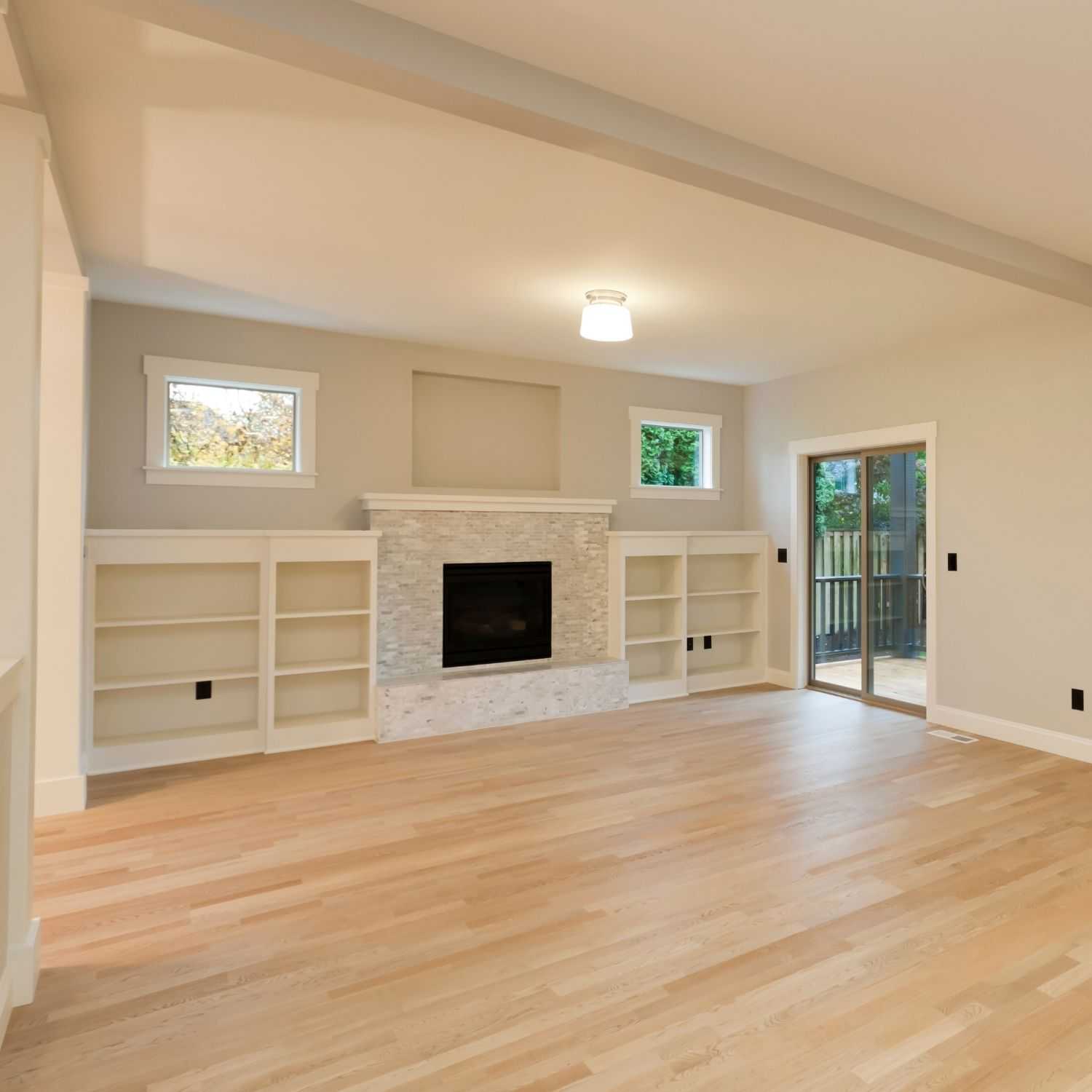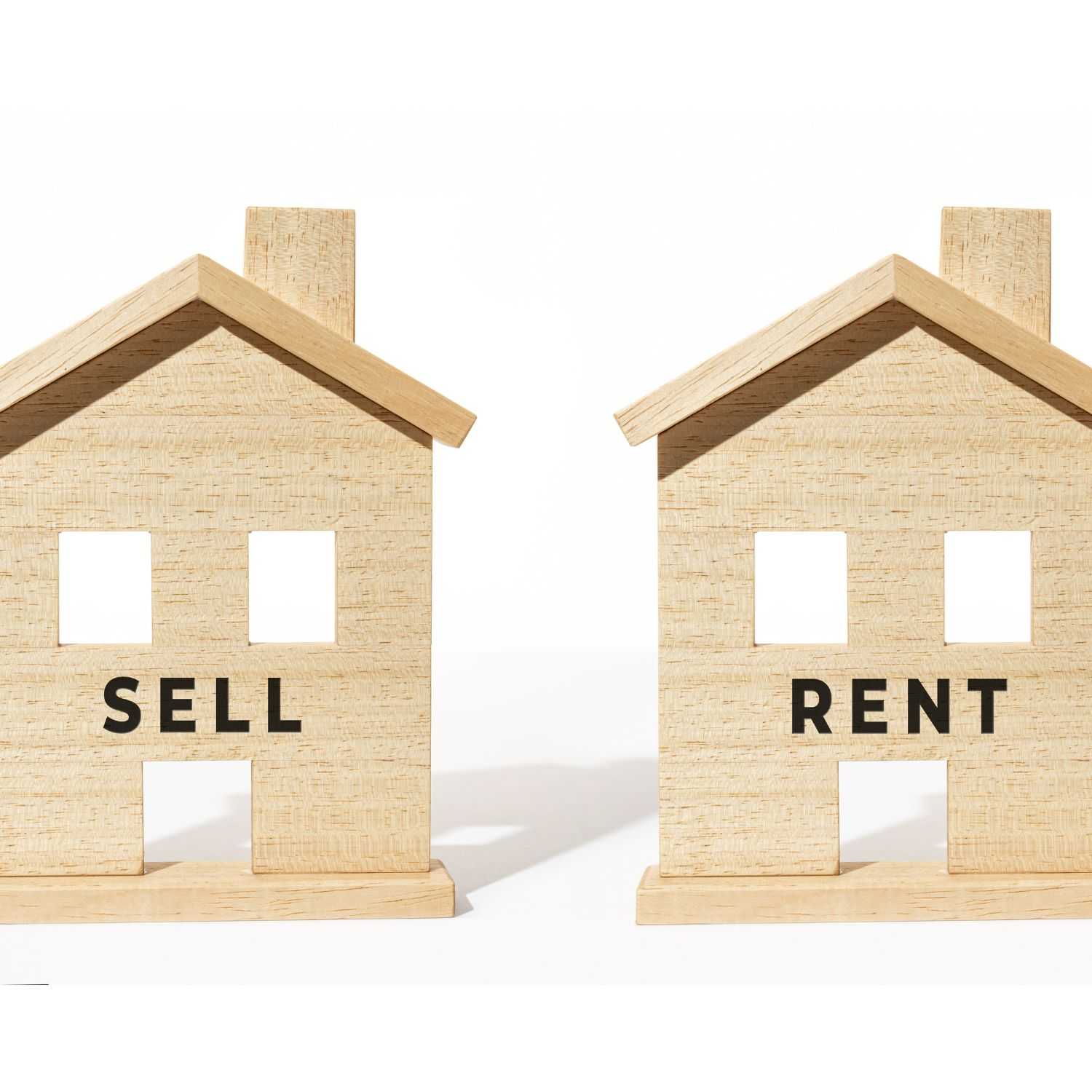Share
This is the second of a two-part article series that will teach you how to create an effective pricing strategy for your rental property. In this article, you’ll discover tips to set the right rental price and how you can increase rental fees reasonably.
Setting the right rental price for your property can help you achieve incredible growth in your portfolio. The first part of this article series discussed the importance of having the right rental fee and the factors you consider to ensure that you’ll calculate it correctly. Now it’s time to act on that knowledge to determine the price you’ll set on your rental properties.
According to statistics, the average rent in the UK is £1,220 a month. Given this figure, does it mean you are limited to this amount when you price your rental fee?
It’s not as simple as that. You don’t just copy the average and consider it a competitive rental fee.
In the second part of this 2-part article series, you’ll learn how to calculate the right rental price for your property. You’ll get valuable insights that’ll lead you to the perfect pricing strategy – a price point that’ll maximise profitability and keep your property competitive at the same time.
Tips to Set the Right Rental Price
Calculating the rental price for your property is mandated by the law. The Rent Act 1977 provides the parameters that you can follow. For instance, you can consider the operations cost, furniture and the property’s condition when setting the rental fees.
Apart from that, there are other things that you can do to make your calculations more effective.
Know the Market
Who do you want to stay in your property? This is an important step in calculating your rental price. While the Rent Act 1977 is clear about keeping personal circumstances from influencing your rental fees, you still want to know what your target guests or residents can afford. After all, a student’s ability to pay won’t be as high as a business traveller’s capabilities.
Another way to know the market is by comparing your property with similar rental units. The key is to identify the right qualities that should be compared. For instance, don’t just compare a 1-bedroom unit with similar properties. Compare your rental unit with properties of the same type, size and target occupants. If you’re targeting students, compare your property with other student accommodations.
Understand the Costs
As you figure out your rental pricing strategy, it’s important to keep your costs in mind. The Rent Act 1977 also explains that services, repairs, maintenance and other expenses can be made payable to the guest or resident – for a reasonable rate.
You can also include mortgage payments, utility bills, marketing spending, property and income taxes, insurance premiums, property management fees, etc. Calculate all the costs you spend to keep the property in good condition and compliant with local rules and regulations. Make sure your rental price covers this so you’re not operating at a financial disadvantage.
Adjust to the Seasons
The rental property market has peak and off-peak seasons. You can adjust your rates accordingly to maximise the earning potential of your property. Observe trends and research periods throughout the year when your property can take advantage of higher rental fees.
This is easier to apply for short lets because of the shorter duration of stays. You can change the rental fee during peak seasons and adjust it again once it ends. This will maximise your earnings while keeping occupancy rates high.
Try Various Prices
You can test different rental prices to determine which has the most positive effect on the occupancy or tenancy retention rate. If you have short-lets on Airbnb, Booking.com and VRBO, put different prices on each platform. Observe which bookings and reviews will improve. See which prices will get more inquiries or profile views.
Of course, you have to consider the season if it’s a peak or off-peak season. If there are improvements or decreases in the property performance, make sure it’s the new rental price affecting it. This will help you check which rental price appeals to your market more.
Monitor the Performance
Once you’ve figured out the right rental pricing strategy, monitor the performance of your properties. Take note of the occupancy, vacancy and retention rates of the property before you implement the new rental price. Observe how it will change with the new pricing strategy.
You can even collect feedback from your guests and residents to get their views about the rental price. Ask if they think they’re getting the right value based on the price they’re paying to stay in your unit. This will give you insights into what they need from the property and how you can improve it to get better occupancy rates in the future.
Whatever data you get should be used to improve your pricing strategy.
How to Increase Rental Fees
Improving your rental pricing strategy should lead to an increase in revenue, occupancy rates and tenant retention. Of course, you want to make sure that your guests and residents feel that what they are paying for is worth it.
If your pricing strategy leads to increased rental fees, you can justify that increase by implementing the following tips.
Renovate the Property
Improve the value of the property by doing simple renovation projects. This can be a simple paint job to give the property a fresh look. Or you can give the kitchen an upgrade. You can also add something to make the property more appealing, like a bathtub or walk-in closet. These would boost the premium quality of the property so a rental price increase will be justified.
Make it Sustainable and Energy Efficient
Making your property more sustainable and energy efficient is another thing that you can do. Upgrade your old boiler and find something more energy-efficient in its place. You can also install insulated windows and doors. Adding smart home devices can also increase the value of the property and make it more convenient for the occupants.
Be Specific to the Market Needs
Add furniture, decor and equipment to your property that appeals to your target market. If you target pet lovers, make sure your property has a bed, food and water bowls and other amenities for pets. If you’re targeting students, you want to give them enough space for a study area. The same is true for business travellers. Give them a beautiful and functional office space so they can do their work.
These simple features can make your property appealing to them because it meets specific needs. They’ll be more willing to pay a higher price for the convenience that you’re giving them.
Get Expert Rental Pricing Advise
Setting the right rental pricing strategy for your property will maximise the potential of your property to earn each month. If you understand the factors influencing your property’s value and you have the patience to test out different pricing strategies, you can come up with the best rental fee that guests and residents can accept.
Seeking expert advice will also help you make smart decisions about which strategy is best for your property. Property management companies, in particular, have other property data at their disposal to give them insights on what rental price fits your rental unit. They also have adequate knowledge about the property market and you can use this to make informed decisions about your pricing strategy.
With the right guidance and expert advice, you can optimise your pricing strategy to achieve long-term success.
If you want to know more about this, get in touch with us. City Relay has property experts who can sit with you to help you achieve optimal rental income to attract the right guests and maintain high occupancy rates.
